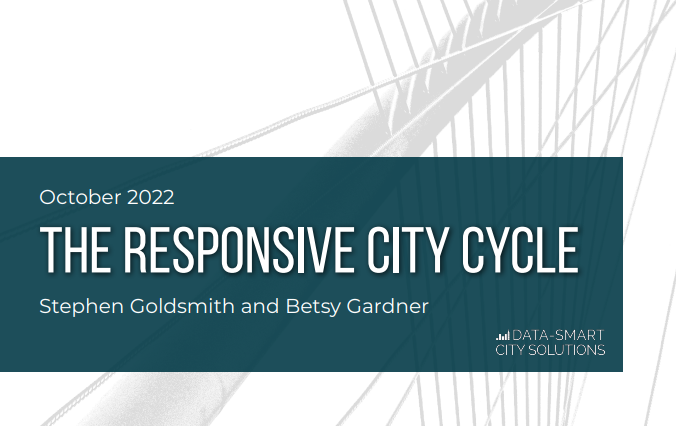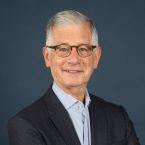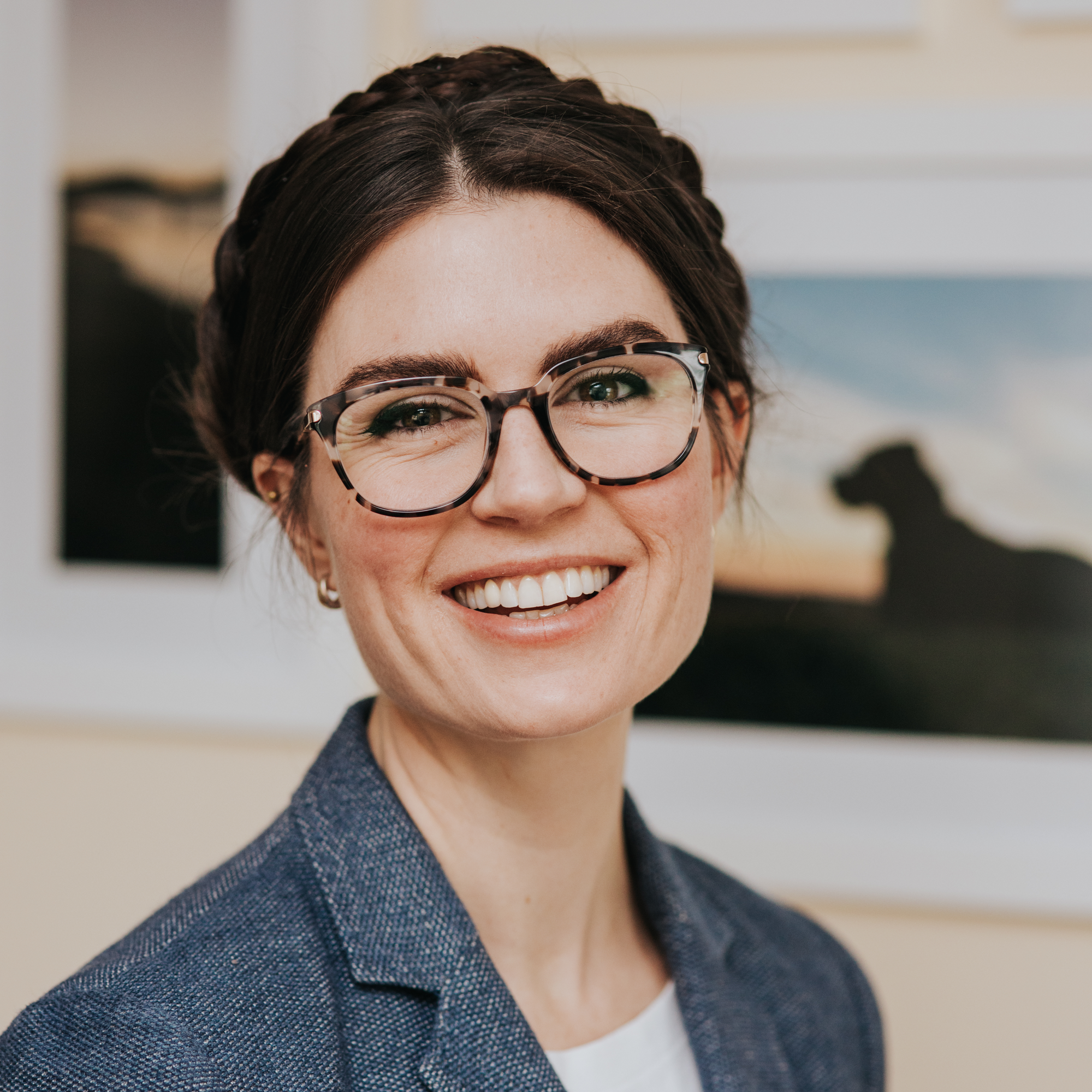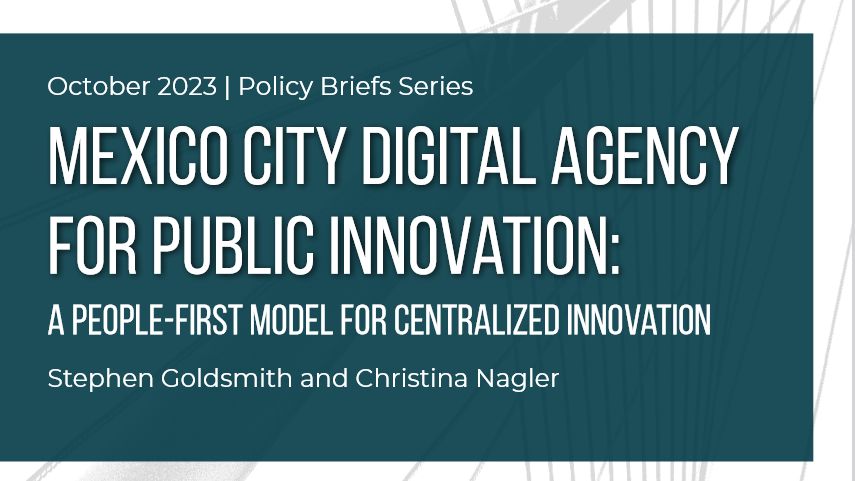- October 1, 2022
- Civic Engagement
Trust can take a long time to build and short time to lose. In the past two decades trust in government has declined precipitously, including a drop in trust in local government which traditionally scored highly on trust metrics with residents.
This paper presents a form of trust-building based on responsiveness with a focus on harnessing digital tools and 21st century methods for engaging with and learning from residents. Additionally, cities are at an inflection point due to the influx of billions of dollars in federal funding through the American Rescue Plan Act and the Bipartisan Infrastructure Law. This presents an opportunity for cities to meaningfully engage residents around spending, repair, and construction decisions and gain back trust through the “loop of responsiveness” we introduce in this paper.
Digital engagement tools form the backbone of this new loop. Current technology can be split into both active and passive methods, sorted by level of stakeholder work required. Passive sensors are low-effort and include sensors for monitoring air and water quality or catching early cracks in bridges too small for the eye to see. Active sensors require greater effort from stakeholders, including attending community meetings (virtually or in-person), writing to local officials, or submitting a request to 311. These methods can be mixed and matched together to cover a broad scope of engagement.
Download and continue to read the Responsive City Cycle here.


 Stephen Goldsmith is the Derek Bok Professor of the Practice of Urban Policy at the Harvard Kennedy School and the
Stephen Goldsmith is the Derek Bok Professor of the Practice of Urban Policy at the Harvard Kennedy School and the 


